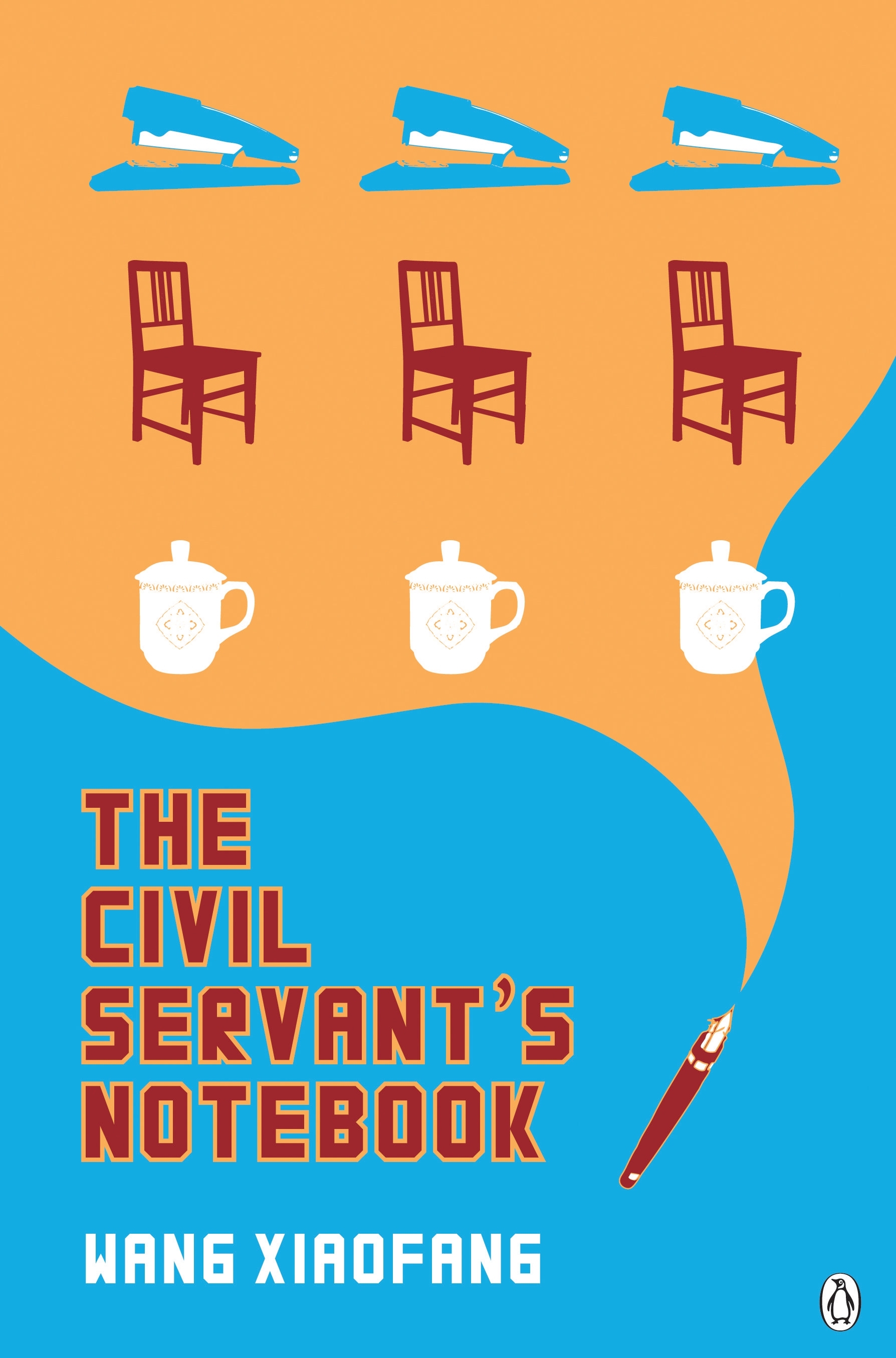I’d never heard of officialdom lit until I read The Civil Servant’s
Notebook, by Wang Xioafang. It is,
however, a much beloved genre in China – or so I gather from the English
on-line edition of The People’s Daily, where reporter Mei Jia recently wrote that officialdom novels
frequently top bestseller lists, generally sell 100,000 copies, and often see
sales soaring into millions.
Mei Jia speculated this popularity reflects Asian readers’ keenness for
books that show them how to prosper in the world: “Experts say readers look to
the books … to learn workplace skills.”
Alas, The Civil Servant’s Notebook probably disappointed Chinese readers looking for a leg-up, as though
it surely qualifies as officialdom lit, it is hard to read it as a guide to
winning promotion.
However, Mei Jia offered a second explanation for the
popularity of officialdom lit, quoting Fudan University professor Zhang Taofu
as saying the craze shows Chinese people's ongoing fascination with political
power: "The lack of
full transparency in power operations in a sense raises public curiosity in
digging out the dirt behind the scenes. That's why officialdom novels are
popular.”
 Chinese
readers choosing The Civil Servant’s Notebook because they wanted dirt won’t have been
disappointed: Wang offers a tale of corrupt
civil servants in a scramble for political prestige and personal gain, and
never mind the public welfare. He writes with an insider’s authority, since he
was private secretary to Shenyang’s deputy mayor from 1997-1999, during which
time his boss achieved infamy for losing millions in public money in Macau’s
casinos – he was later sentenced to death for his crimes. Wang was found
innocent of involvement and left the civil service to set up shop as a writer.
He has since specialized in re-examining his career through the lens of
political fiction. The Civil Servant’s Notebook is the first of his 13 novels to be published in English. Eric
Abrahamsen translated it, and various English language editions are available
in Asia - I read the one from Penguin, Australia.
Chinese
readers choosing The Civil Servant’s Notebook because they wanted dirt won’t have been
disappointed: Wang offers a tale of corrupt
civil servants in a scramble for political prestige and personal gain, and
never mind the public welfare. He writes with an insider’s authority, since he
was private secretary to Shenyang’s deputy mayor from 1997-1999, during which
time his boss achieved infamy for losing millions in public money in Macau’s
casinos – he was later sentenced to death for his crimes. Wang was found
innocent of involvement and left the civil service to set up shop as a writer.
He has since specialized in re-examining his career through the lens of
political fiction. The Civil Servant’s Notebook is the first of his 13 novels to be published in English. Eric
Abrahamsen translated it, and various English language editions are available
in Asia - I read the one from Penguin, Australia.
You might worry a book set in the world of Chinese local government will put you to
sleep, but The Civil Servant’s Notebook is probably sensational enough to satisfy even fans of Dan Brown:
skullduggery, seduction, and a money-grubbing Buddhist entrepreneur all feature.
The plot revolves around the personal notebook of a high-up official, who works in provincial government. Its exposure to the internal enforcement brigade initiates a hunt for the anonymous writer. The hunt makes everyone in the civil service jumpy, from lowly researchers to vice-mayors. Not even the most practiced of civil servants can predict just who will outmaneuver whom, and, indeed, whether anyone will remain unscathed.
The plot revolves around the personal notebook of a high-up official, who works in provincial government. Its exposure to the internal enforcement brigade initiates a hunt for the anonymous writer. The hunt makes everyone in the civil service jumpy, from lowly researchers to vice-mayors. Not even the most practiced of civil servants can predict just who will outmaneuver whom, and, indeed, whether anyone will remain unscathed.
Wang tells his tale through multiple
narrators, including contributions from The Office Chair, The Office Desk, The
Government Square, The Name Card, and so on and so forth. It’s an interesting way to tell a
story, and this novel provides an interesting insight into modern China.
